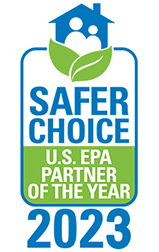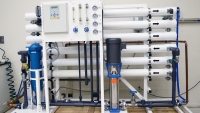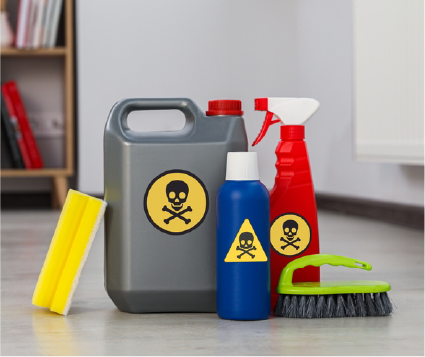
A Story of Toxic Relationships, Chemical Dependencies, Divided Loyalties
If you look very closely you might be able to see a long-running soap opera playing out several times a day in your SPD. Like any daytime Emmy winner, this story features multiple players involved in complex relationships that produce unanticipated and often undesirable consequences. To help you understand the story, the following analyzes several overlapping plot elements driving the story line.
Toxic Relationships
Successful SPD results are based on a healthy marriage between the parties involved—in in this case your washers and the chemicals that are used for cleaning. Like all relationships, this marriage relies on good chemistry in the right balance to keep things running well. Staying faithful to equipment and product IFUs creates a healthy chemistry that strengthens the relationship. Evidence that your automated washers and cart washers may be involved in a toxic relationship can include the presence of white residue on the inside surface of your washers and processed loads.
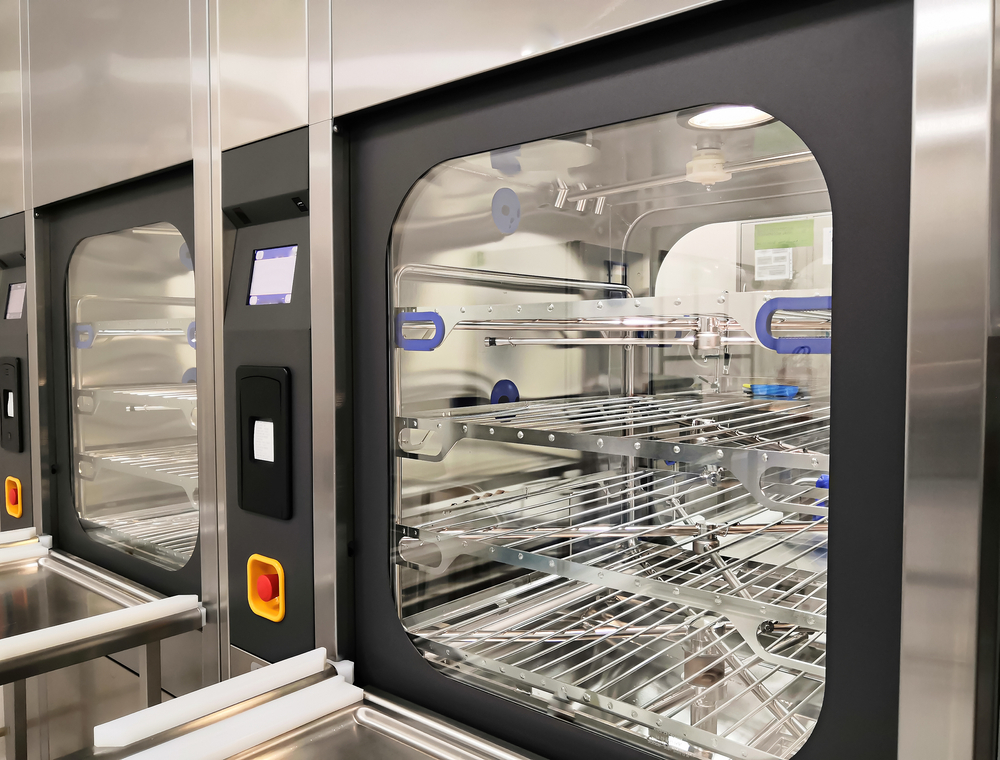
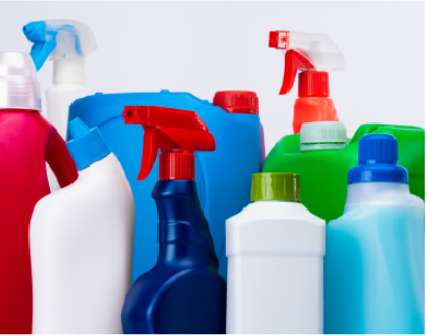
Chemical Dependencies
Analysis of the unexpected residue found on washers, containers, and other surfaces indicates the presence of a variety of chemicals that cannot be attributed to IFU approved cleaners or tap water. In most cases, the presence of these chemicals indicates the use of multiple products not specified in the IFU. Gel pre-cleaners, for example, can create a hard-to-rinse residue that lingers throughout the cleaning cycle. Other culprits may include acids, bleaches, and other alkaline cleaners that are used under the false impression that more product leads to cleaner loads.
Divided Loyalties
SPD personnel can sometimes find themselves drawn into the middle of the soap opera when they become caught between recommendations from the different vendors involved in the reprocessing cycle. These interactions may lead to the addition of new chemistries, decisions to switch to different products, or even new equipment settings that are not optimized for the load. All these activities can undermine successful outcomes.


Successful Endings
Ultimately, SPD personnel are not simply the audience for this soap opera, they need to be the actors, directors, and critics as well. As actors, they need to stick to the script defined by AAMI standards, the SDS, and a thorough understanding of the IFUs and be prepared to push back when they hear conflicting information from vendors. As directors, they need to know when to say “cut” when the story is going off track. As critics, they need to evaluate results and recommend improvements, including thorough rinse cycles, to make sure this story ends in success.
Visit us anytime at www.casemed.com to learn more about our products and services. We are here to help. Case Medical is a U.S. EPA SAFER CHOICE Partner or the Year for Manufacturer Formulator and recognized in NJ as Innovative Manufacturer of the Year.
Kindest Regards,
